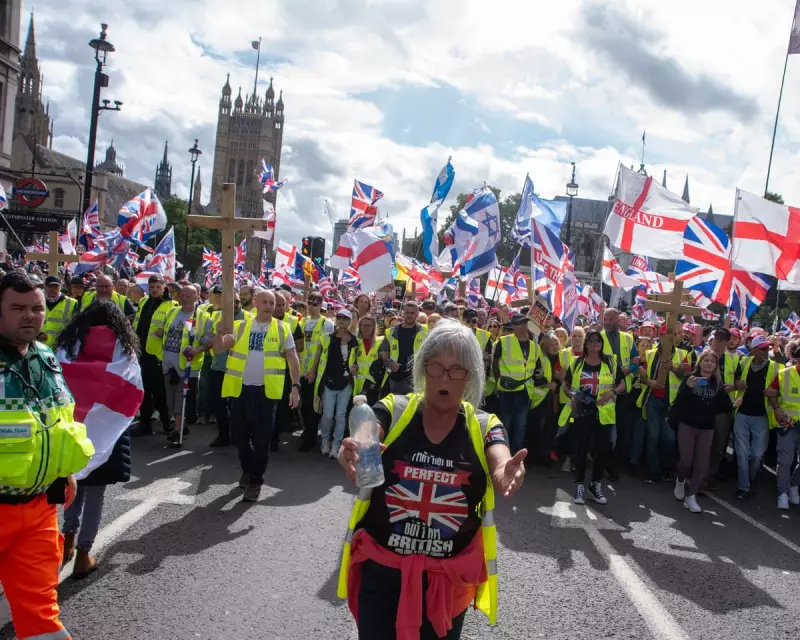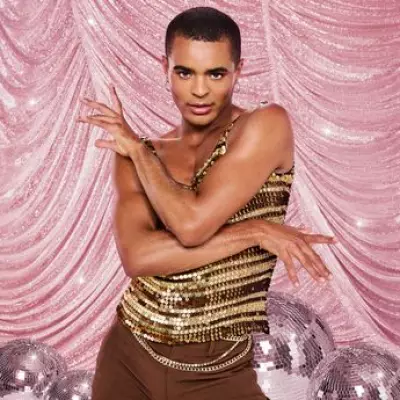
The highly publicised ‘Unite The Kingdom’ rally, held in central London this past weekend, has become a lightning rod for national sentiment, simultaneously championed as a patriotic call for cohesion and condemned as a provocative display of division.
Organisers of the event hailed it as a resounding success, pointing to the thousands of attendees who gathered to voice their desire for a stronger, more unified Britain. They framed the rally as a necessary, grassroots response to what they perceive as years of political fragmentation and cultural drift.
A Nation Divided in Reaction
However, far from unifying, the event has served to highlight the profound schisms within British society. Guardian readers’ responses were intensely polarised, reflecting a nation grappling with its identity.
Many supporters echoed the organisers’ sentiments, writing in to express that the rally finally gave voice to a silent majority they feel has been ignored by the mainstream political establishment and media.
Conversely, a significant portion of readers expressed alarm and discomfort. Critics argued that the rally’s rhetoric, for some, overlapped with nationalist and exclusionary ideologies. They questioned the true definition of ‘unity’ being promoted and who it ultimately includes or excludes.
Beyond the Rally: A Symptom of a Deeper Malaise
Political analysts suggest the stark divide in public reaction is a symptom of a much deeper and ongoing national conversation. The event has tapped into unresolved tensions stemming from recent decades, including Brexit negotiations, debates over devolution, and questions about British values in a modern, multicultural society.
The rally and the resulting public discourse underscore a critical challenge: the vastly different visions various groups within the UK hold for the country's future. The path to a genuinely united kingdom appears more complex than ever, requiring dialogue that acknowledges these deep-seated differences rather than papering over them.





